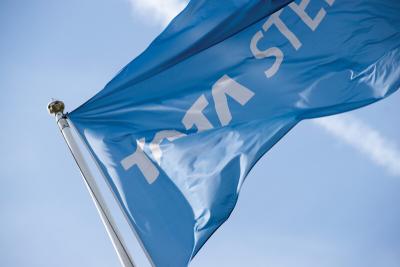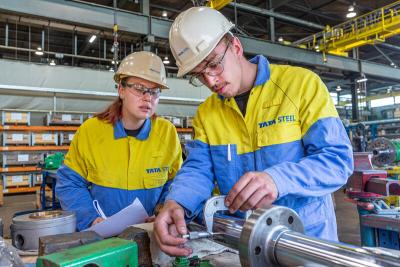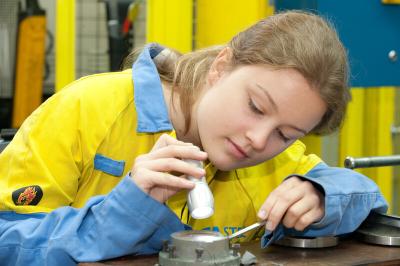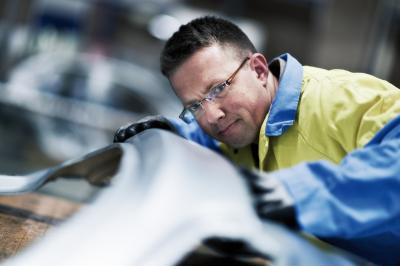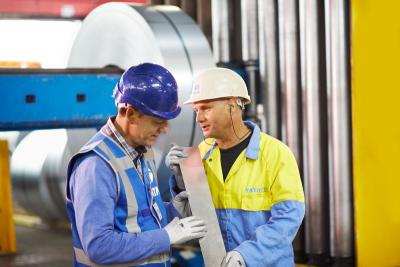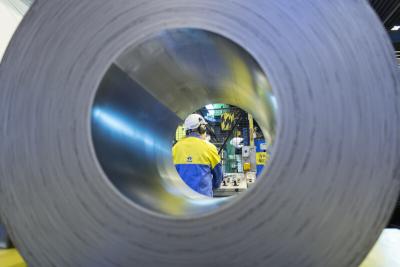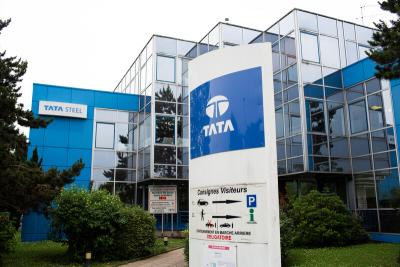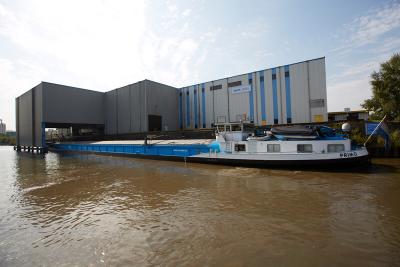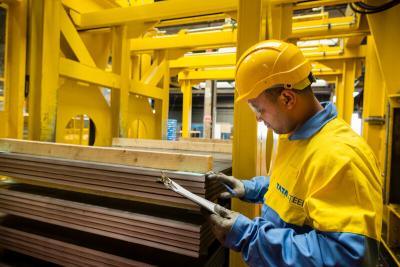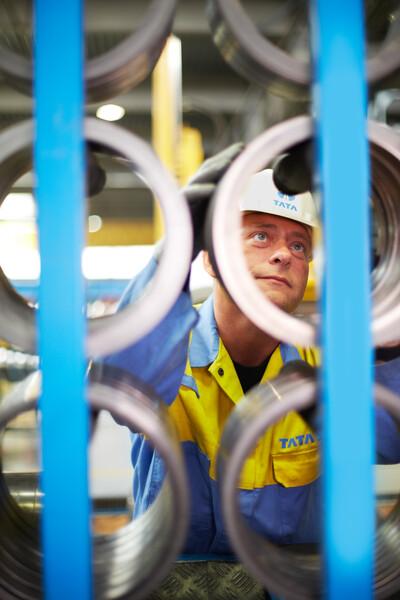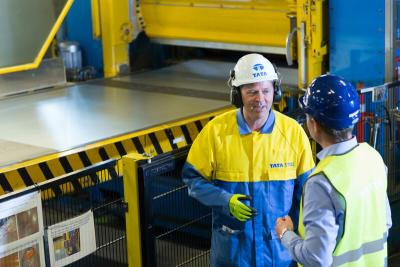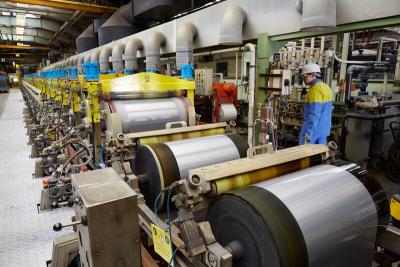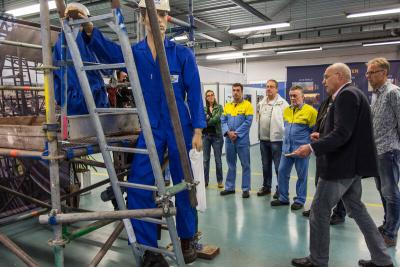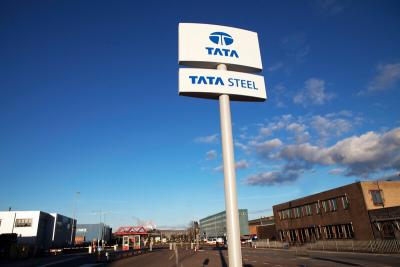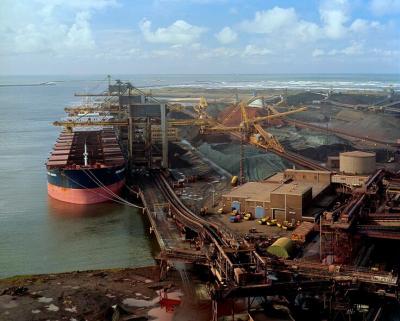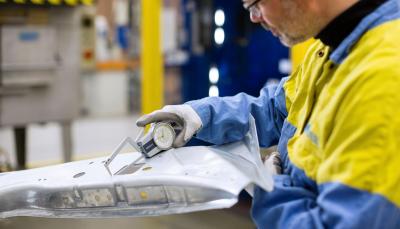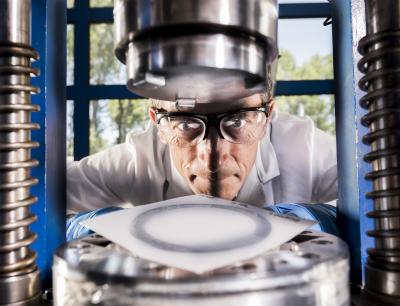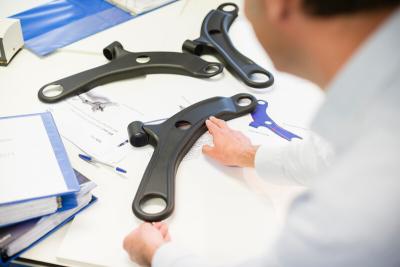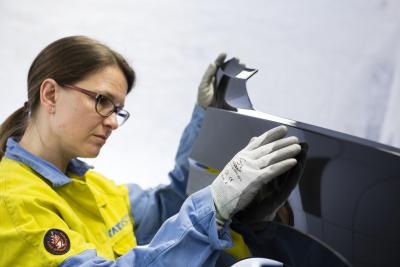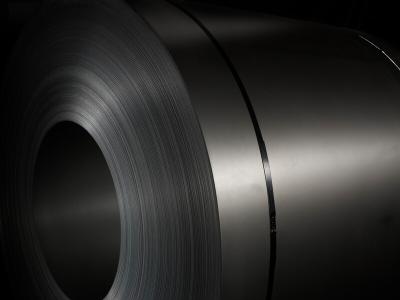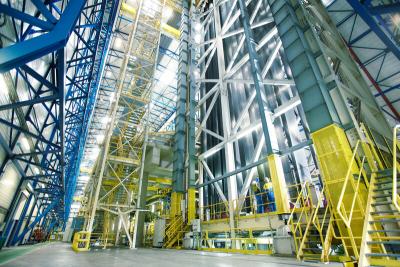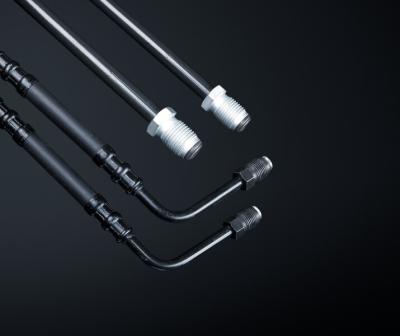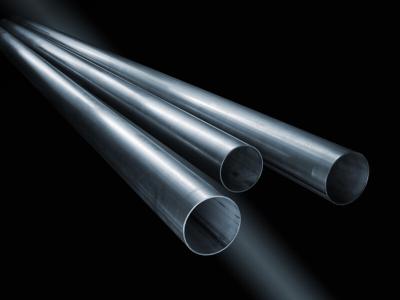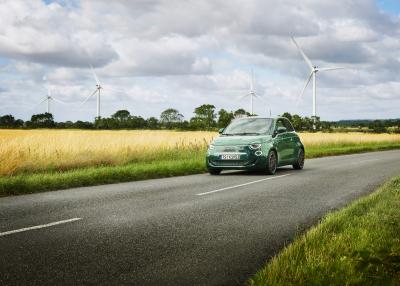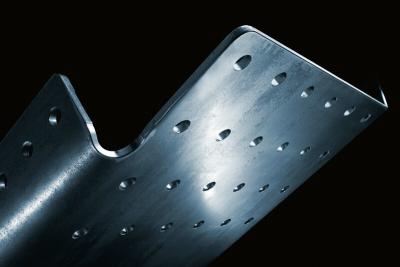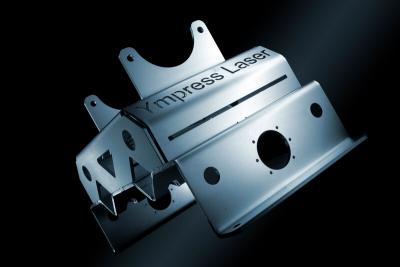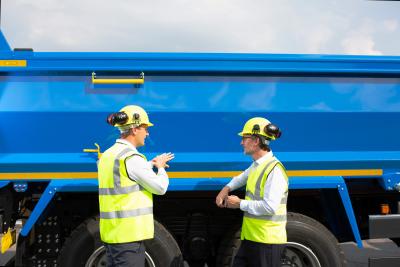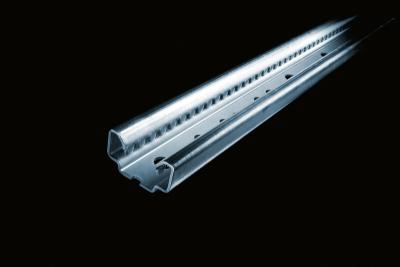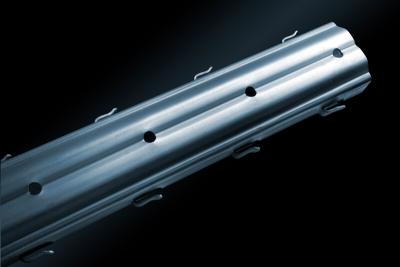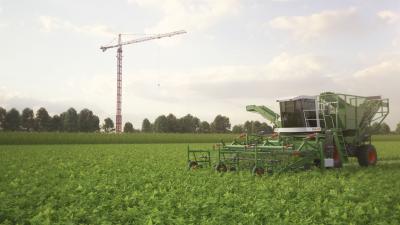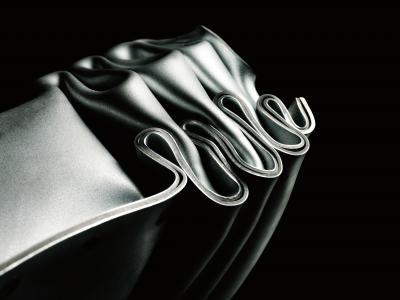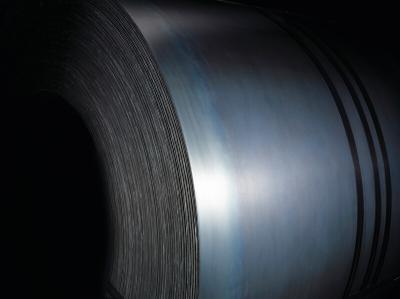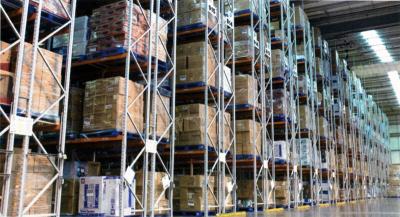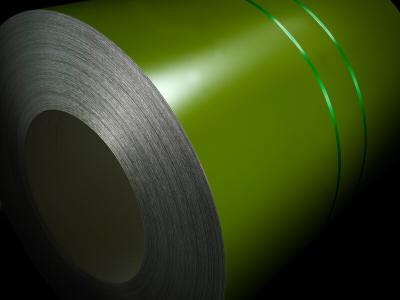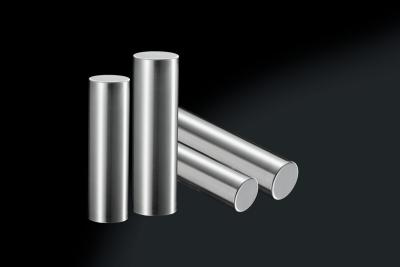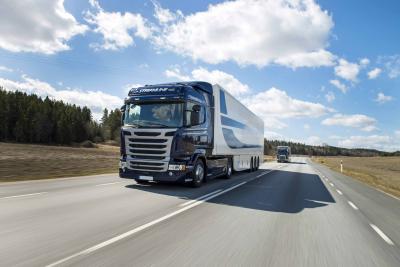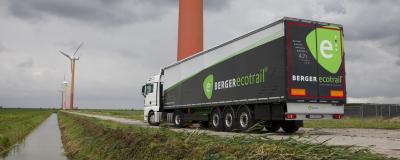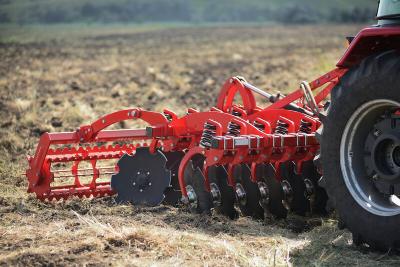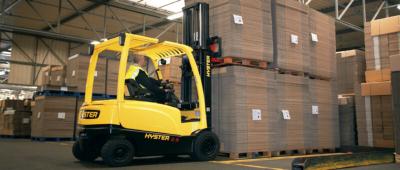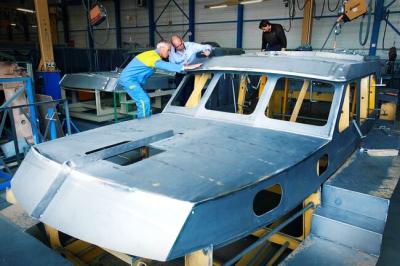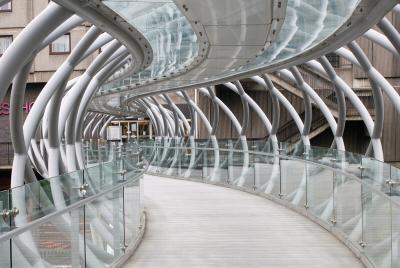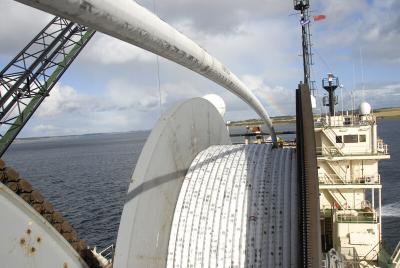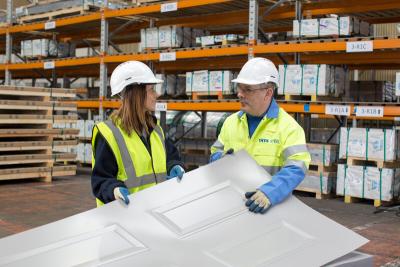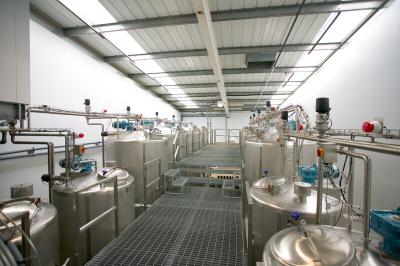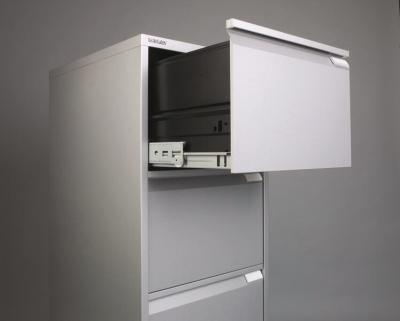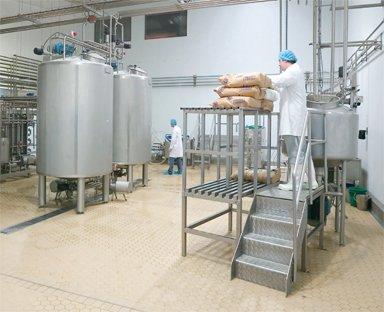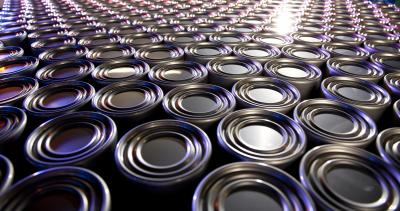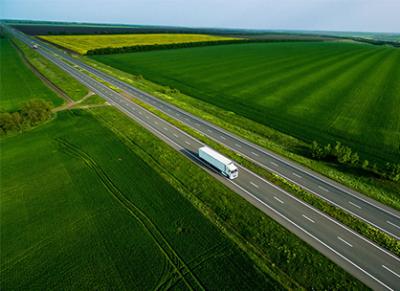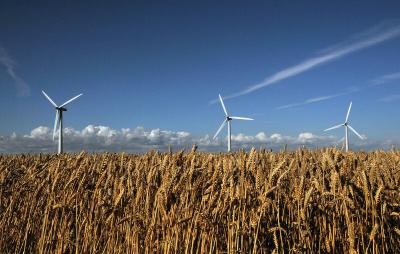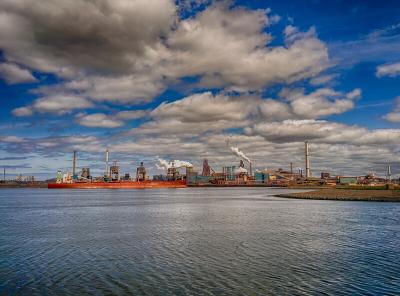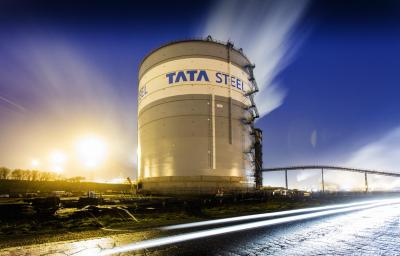A new report by steel sector trade body, UK Steel, urges the Government to capitalise on the UK’s current competitive advantage - that we generate over 10 million tonnes of steel scrap each year - to create the conditions needed for a vibrant, circular economy that makes the best domestic use of this vital material.
As steelmakers in the UK and abroad journey towards decarbonising, steel scrap will become an increasingly sought after raw material, with global demand expected to rise by 30% by 2030 and over 60% by 2050.
The report, Steel Scrap: A Strategic Raw Material for Net Zero Steel, says that without action, the UK risks stripping itself of a vital resource to produce Net Zero steel at a time of rising domestic demand. 43 countries are already taking action to secure their steel scrap supplies and the EU will introduce restrictions of exports to non-OECD countries from 2027 unless they can demonstrate sustainable practices. That alone will cause an additional draw on UK supplies from countries that can no longer source from the EU.
Exporting scrap also has clear environmental impacts. UK Steel estimates that our export of steel scrap and subsequent re-import of steel gives rise to an additional 1.5Mt of CO2 each year, compared to entirely processing steel scrap in the UK.
The report proposes three key action points to help step up the UK’s environmental obligations and safeguard the vital scrap supplies needed for UK net zero steel production:
- Uphold standards by only allowing scrap exports to countries that can demonstrate their ability to treat waste sustainably.
- Incentivise retention of scrap to meet domestic demand by reducing price support offered to scrap exports through the Packaging Recovery Note framework.
- Incentivise and support greater processing of scrap to improve quality such as through R&D funding, removal of VAT on high quality scrap, and inclusion of scrap and the minerals it contains in the Critical Minerals Strategy.
Commenting on the report launch, Gareth Stace, UK Steel Director-General said:
“The UK’s steel sector is undertaking a radical transformation on its journey to Net Zero and steel scrap will be at the heart of this. What is shocking is that the UK produces more than 10 million tonnes of scrap a year, but exports over 80% of it. With so many countries around the world acting swiftly to secure their own supply and restricting their exports, we cannot just sit on our hands.
“The UK steel industry will not use all the domestically generated scrap and some of it will rightly be exported, but we must get the balance right. It just makes sense that, here in the UK, we make the most of this resource which we have in abundance, rather than letting it go and importing raw materials instead. Exporting huge volumes of this precious material only creates a bigger carbon footprint and means we are shirking our environmental responsibilities.
“Steel scrap is core to our rapid transition to Net Zero. Next to major Government funding commitments and competitive industrial electricity prices, scrap policy is the final piece of the jigsaw to enable the decarbonisation of the UK steel sector and a low-carbon circular economy.”

About the report:
Steel Scrap: A Strategic Raw Material for Net Zero Steel proposes a set of policy recommendations to uphold environmental standards in exports of steel scrap, incentivise the retention of scrap to meet domestic demand and support the development of domestic recycling capability to improve the quality of scrap.
The report is available to download at www.uksteel.org/scrap
The case for intervention:
- Rising UK scrap demand: To increase by 70% as early as 2027, expected to treble by 2050.
- Rising global scrap demand: To increase by 30% by 2030 and over 60% by 2050.
- Restrictions on global scrap supply: 77% of crude steel globally being produced by countries that have introduced or are planning to introduce measures that will limit their export of scrap.
- Environmental impacts of scrap: Our export of steel scrap and subsequent re-import of steel gives rise to an additional 1.5Mt of CO2 each year. 60% of UK scrap exports currently go to non-OECD countries with lower environmental, health and safety standards.
- Maximising value from the UK’s scrap supply: Without advanced sorting, we are missing out on the economically significant volumes of valuable materials such as copper, nickel, aluminium and manganese contained in ferrous scrap.
The UK steel sector:
- Produces 6Mt of crude steel a year, around 70% of the UK’s annual requirement (annual demand of 8.9Mt)
- Employs 39,800 people directly in the UK and supports a further 50,000 in supply chains
- The median steel sector salary is £39,637, 43% higher than the UK national median and 56% higher than the regional median in Wales, and Yorkshire & Humberside, where its jobs are concentrated
- Directly contributes £2.9 billion to UK GDP and supports a further £3.8 billion
- Directly contributes £4 billion to the UK’s balance of trade
- 96% of steel used in construction and infrastructure in the UK is recovered and recycled to be used again and again
For further information about the steel industry, please see the 2023 press pack, Why the UK needs a strong steel sector or the 2023 UK Steel Key Statistics report
Contact details
Louise Young, Campaigns and Engagement Manager, UK Steel
07388 370176, Lyoung@makeuk.org
Follow us on social media



